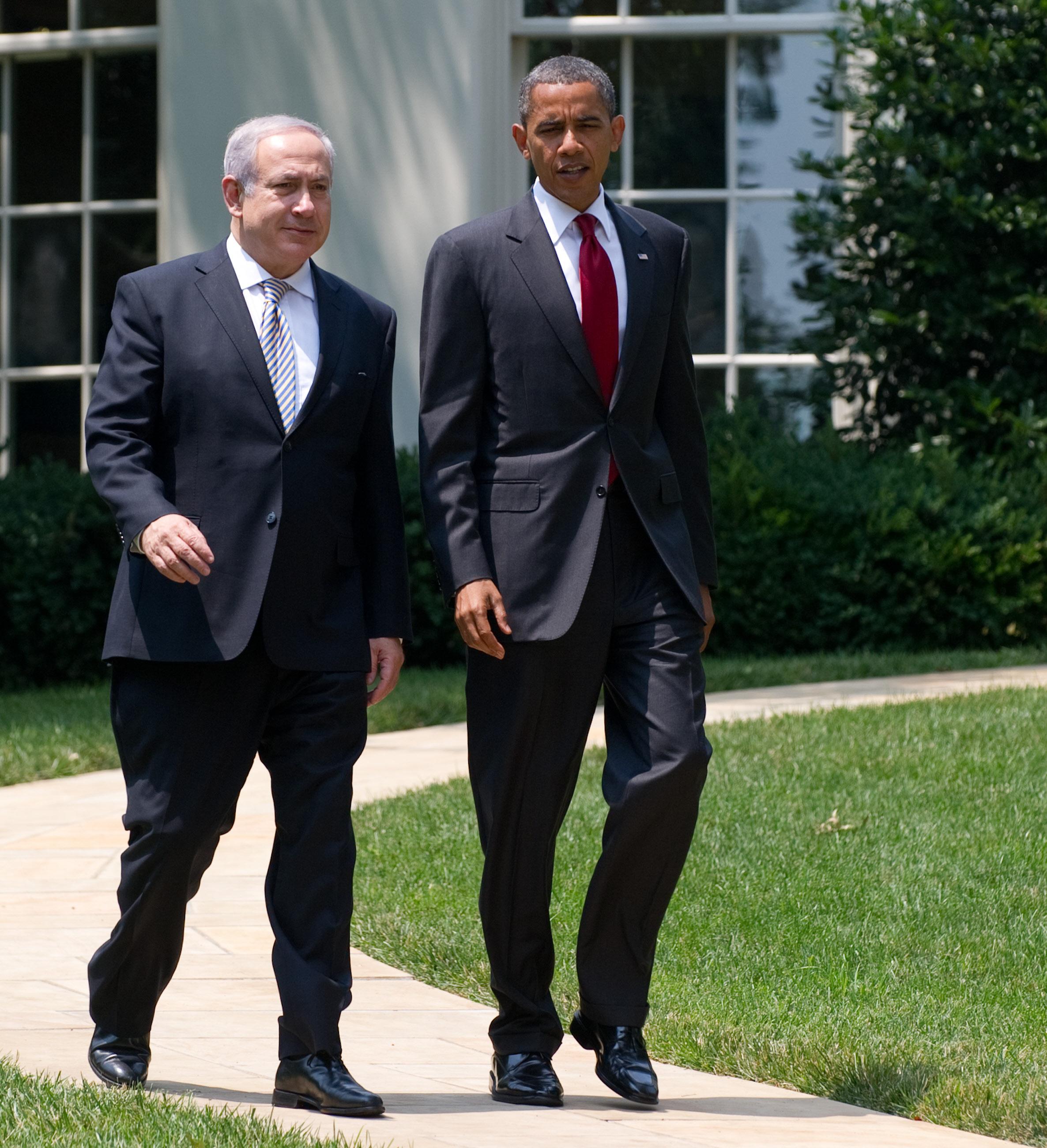In one important respect, President Obama is a foreign-policy realist. Unlike his predecessor, he makes decisions based on what he thinks is possible or likely, given what other countries and their leaders will tolerate. In general, that’s smart. But it makes him vulnerable to manipulation. To control his calculus, all you have to do is convince him of your intolerance. The most implacable regime gets its way.
That’s what seems to be going on in the Middle East. A few days ago, Obama gave Jeff Goldberg of Bloomberg View an hourlong interview on this subject. The transcript, published Sunday, shows how Obama thinks, and how to influence him.
Goldberg asked Obama about Secretary of State John Kerry’s recent warning that if the latest round of Israeli-Palestinian peace talks doesn’t succeed, “we may not get another chance.” Goldberg noted that Kerry “has also suggested strongly that there might be a third intifada down the road and that if this peace process doesn’t work, Israel itself could be facing international isolation and boycott.”
Obama affirmed Kerry’s warning. He argued that Palestinian President Mahmoud Abbas
has proven himself to be somebody who has been committed to nonviolence and diplomatic efforts to resolve this issue. We do not know what a successor to Abbas will look like. … President Abbas is sincere about his willingness to recognize Israel and its right to exist, to recognize Israel’s legitimate security needs, to shun violence, to resolve these issues in a diplomatic fashion that meets the concerns of the people of Israel. And I think that this is a rare quality not just within the Palestinian territories, but in the Middle East generally. For us not to seize that opportunity would be a mistake.
In other words, the hostility of Israel’s neighbors and their propensity to violence give them clout in Obama’s calculus. He also factors in the European movement toward sanctions against Israel:
Israel has become more isolated internationally. We had to stand up in the Security Council in ways that 20 years ago would have involved far more European support, far more support from other parts of the world when it comes to Israel’s position.
One exchange, involving the United Nations and the European Union, went this way:
Obama: If you see no peace deal and continued aggressive settlement construction … if Palestinians come to believe that the possibility of a contiguous sovereign Palestinian state is no longer within reach, then our ability to manage the international fallout is going to be limited.
Goldberg: Willingness, or ability?
Obama: Not necessarily willingness, but ability to manage international fallout is going to be limited.
Goldberg’s question and Obama’s response here are illuminating. For Obama, unlike George W. Bush, willingness and ability are closely related. If Europe turns against Israel, Obama will still defend Israel, in part because, as he explained to Goldberg, Israel’s “bipartisan support” in the U.S. means “it is not realistic … that the core commitments we have with Israel change during the remainder of my administration or the next administration.” But when this domestic reality comes up against the international reality of European resistance, Obama isn’t going to try too hard. That’s how the word “necessarily” slipped into his response: When Obama feels less able to do something, he becomes less willing.
When Goldberg asked about the idea of tightening sanctions on Iran in order to increase pressure in nuclear talks, Obama showed the same deference to the will of others:
The notion that in the midst of negotiations we would then improve our position by saying, “We’re going to squeeze you even harder,” ignores the fact that [President Hassan] Rouhani and the negotiators in Iran have their own politics. They’ve got to respond to their own hardliners.
Likewise, in Syria, Obama downplayed the possibility of defeating “a professional army that is well-armed and sponsored by two large states [Iran and Russia] who have huge stakes in this.” From a U.S. perspective, he cautioned, “we have to make sure that what we do does not make a situation worse or engulf us in yet another massive enterprise at a time when we have great demands here at home and a lot of international obligations abroad.”
In short, we’re going to let Iran and Russia have their way in Syria because they want it more than we do. The same goes, apparently, for the invasion of Ukraine.
What’s odd about Obama’s realism is that he seems to expect different behavior from Israel. He portrays Israel’s West Bank settlements as a threat to peace because they antagonize Palestinians and Europeans. But why should Israel retreat from antagonism, when antagonism is what earns Obama’s respect?
Yesterday, shortly after the interview was published, Obama sat down with Israeli Prime Minister Benjamin Netanyahu at the White House. Netanyahu told reporters he would “stand strong against criticism, against pressure.” That rule, the prime minister explained, was something “we’ve learned from our history.” He’s also learned it, no doubt, from watching Obama.
